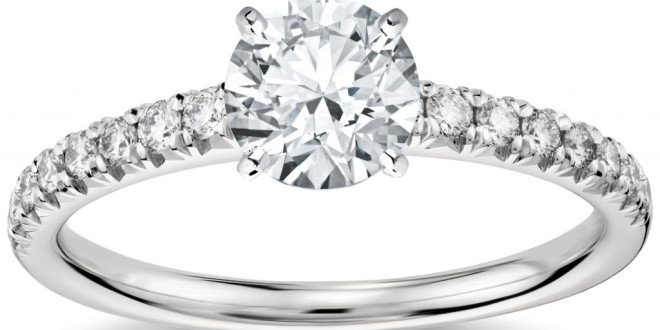[ad_1]
If the words recycling, sustainable, organic, locally produced, and fair trade are more than just buzz words to you, your upcoming wedding may make you feel as though the decisions are making to have a grand affair come with a heavy price tag for the earth.
Being mindful of each step along your journey to matrimony and making creative choices that focus on reducing, reusing and recycling can go a long way toward minimizing your ecological footprint.
The traditional method of inviting friends and family includes thick envelopes stuffed with more envelopes bursting with vellum and fancy slips of paper stacked one atop the other. These beautiful paper extravaganzas are one of the largest ways weddings create an overload of waste, but there are alternatives that are easier on the planet and still romantic and traditional.
Simply eliminating the double envelope will cut down significantly on waste. Using vegetable based inks will eliminate some of the nasty consequences attached to traditional inks. Another solution is to print invitations on recycled paper or have them made with handcrafted paper. Stationery legend Crane & Co. has always been "green" as their stationery is crafted from 100-percent reclaimed cotton fibers that require fewer chemicals and produce less waste than paper made from trees. This 200-year-old family run business is based in Massachusetts and manufactures all their products in the United States.
Think creatively when it comes to wedding gowns. Instead of choosing from a selection of dresses all manufactured overseas, find a local dressmaker and pick organic cotton or hemp fabric to make your dress. Or go for a tried and true traditional method of recycling your mother or grandmother's wedding dress. You can always have it altered to fit or remade into something more updated.
Flowers add decoration and symbolism to the wedding, but most hothouse flowers are shipped in Central or South America. While it will take more time, you can "force" organic bulbs to produce flowers by growing them indoors. Or better yet, for summer weddings you can grow (or have grown) indigenous flowers to decorate with and to carry down the aisle.
It would not be a celebration without food. Look online or in your city's yellow pages for catering companies that specifically cater locally produced foods. But if you can not find anyone, that does not have to stop you from using local goodies for your reception. Again, it is about choices. Ask if your caterer will purchase the food from local sources. If they are less than enthusiastic, you can do your own investigating of local vendors online. Most cities have a food co-op. Talk to your baker about using organic and or local flour, eggs and ingredients in your wedding cake.
Giving eco-friendly party favors to your guests is economic as well as earth-friendly. Flower petal confetti on tabletops is a fragrant and romantic decorative touch. Placing clay pots filled with flower bulbs or tree saplings is a lovely choice. Using plantable seed paper for place cards or wrapping it around small trips is another suggestion.
Just like living an environment conscious life, creating a wedding that is easy on the planet requires a couple to make thoughtful choices about every aspect. From the invitations to the dress to the favors, each step along the way to becoming a husband and wife can also become a tribute to treading lightly on the earth.
[ad_2]
Source by Laurie Brekke

